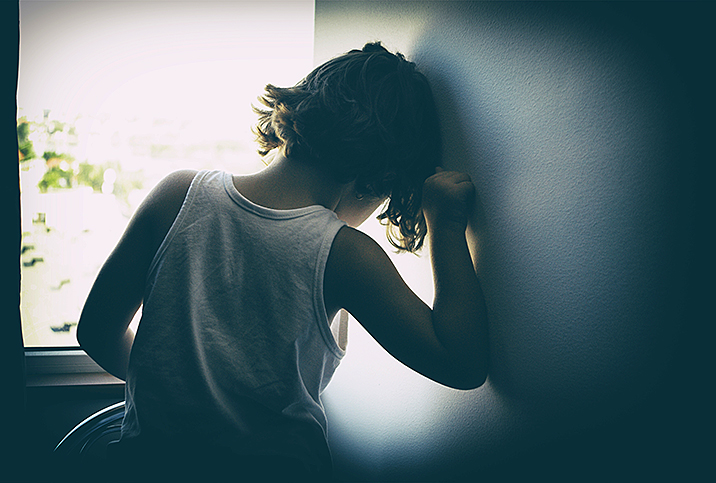Past Abuse Can Lead to Worse Menopause Symptoms, Study Finds

Smoking, alcohol consumption and being overweight have long been linked to worse symptoms of menopause. Now a study published in the journal Menopause finds a history of physical abuse can impact the severity of menopausal symptoms.
Menopause is defined as the time when a person stops having their period for 12 consecutive months. In the lead-up to menopause (called perimenopause), the ovaries slowly stop producing the hormones estrogen and progesterone, bringing the onset of menopause symptoms such as mood swings, hot flashes, vaginal dryness and sleep problems. The average age for menopause to start in the United States is 52, but it can begin earlier or later.
What the study found
Researchers in Boston looked at the longitudinal associations between psychological stress and menopause symptoms to see if past trauma or abuse impacted menopause. They found women who experienced violence earlier in life had worse menopause symptoms and worse overall well-being.
The study followed more than 600 women for two decades, from pregnancy to menopause. The women enrolled in the study reported their physical, psychological and urogenital symptoms as well as their general well-being, depressive symptoms and anxiety.
Around 37 percent of the study participants reported having a history of physical abuse, 8 percent reported sexual abuse, 11 percent reported financial instability, 12 percent reported anxiety and 16 percent reported depressive symptoms.
The study authors found women who experienced physical or sexual abuse in early life were more likely to experience worse physical and psychological menopausal symptoms, including hot flashes, sleep issues, depression, urinogenital dryness and sexual dysfunction. They were also twice as likely to report worse general health later in life. Another factor linked to heightened menopause symptoms and general well-being was financial instability.
There was no association found between psychosocial stressors and generalized anxiety symptoms later in life.
Limitations of the study
The researchers suggested that these results highlight how physical and sexual trauma can affect women's health in midlife, and future studies should further investigate the impact of women's experiences of abuse.
The study results were adjusted for variables such as age, race and ethnicity, education level, marital status, household income and smoking status. Most of the women in the study were white and college-educated, making it unclear whether the results could be applied to marginalized populations or women of color.
Another study limitation was that the psychological stressors were self-reported, meaning experiences of abuse or financial instability may have been underreported. It's also unclear how emotional abuse might impact worse menopause symptoms later in life, as the study authors focused on physical and sexual abuse.
Nevertheless, these findings are consistent with previous research. A 2018 study published in JAMA Internal Medicine found similar results. Out of more than 2,000 middle-aged women, those who had been emotionally abused by their current or former partners were 50 percent more likely to experience night sweats and 60 percent more likely to experience painful sex.
Meanwhile, a study published in the Menopause journal the following year found women who had suffered childhood abuse experienced more night sweats during menopause than those who hadn't.
It's still unclear exactly how a history of physical and sexual abuse in early life impacts worse menopause symptoms, so more research is needed. In the meantime, these study findings can help healthcare practitioners better assist patients dealing with menopause symptoms, offering more trauma-informed treatment.


















